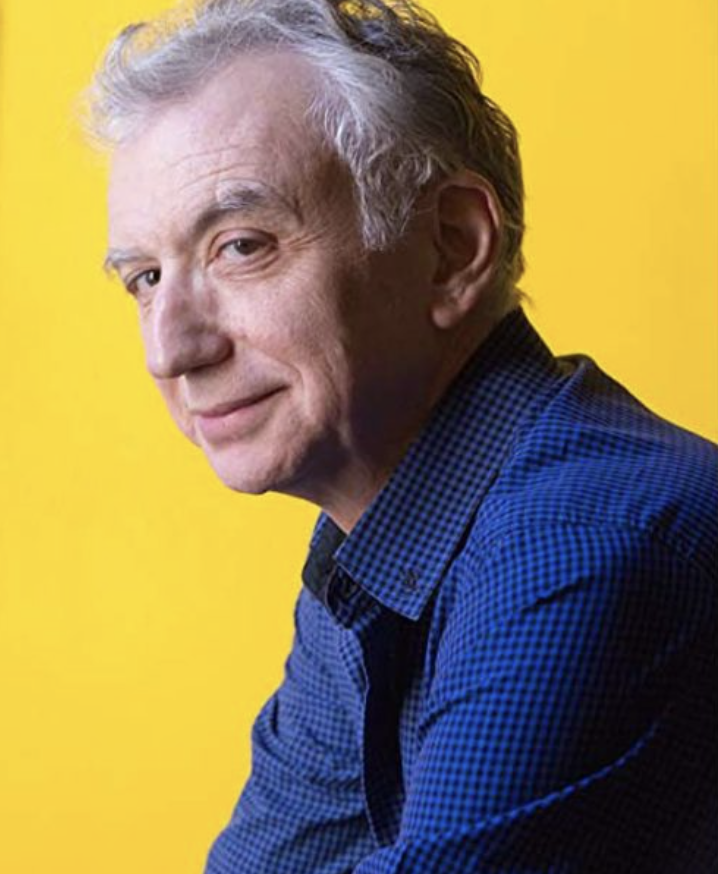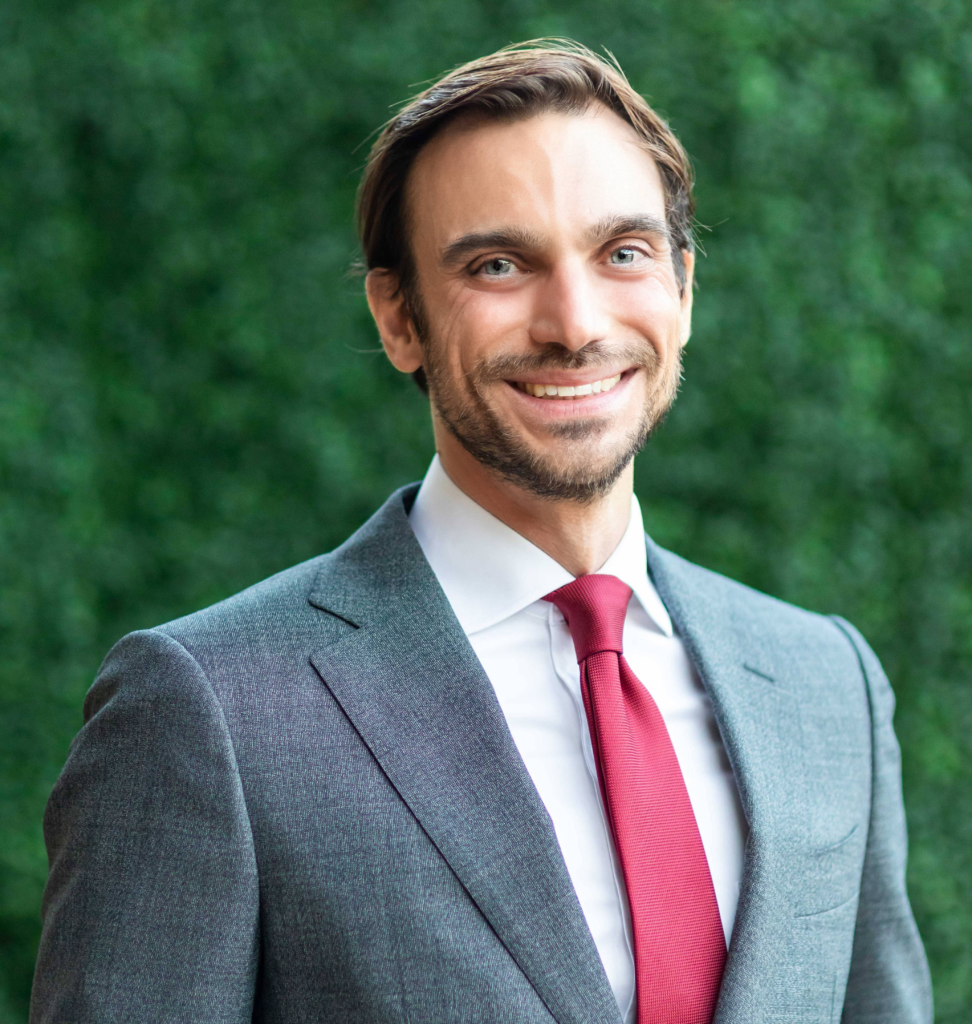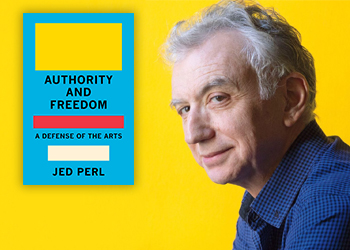In his book Authority and Freedom: A Defense of the Arts, Jed Perl argues that “authority and freedom are the lifeblood of the arts.” Are they also the lifeblood of civil society—and especially democratic society?
View our discussion below on the relationship between art and society, the artist’s role in society, and whether art and artists have definite social and political responsibilities.
Perl believes that the artist’s struggle is to reshape experience, to assert himself or herself within the confines of a tradition, an authority, that he or she freely accepts. Hannah Arendt, in her essays “What Is Authority?” and “What Is Freedom?”, used the same tension between authority and freedom to describe the evolution of society.
When citizens acknowledge a society’s customs and traditions, even as they may challenge them at certain times and in certain ways, they become, in effect, artists—they assert themselves within a tradition, simultaneously remaking their society while also recognizing and appreciating its continuities.

About the Speaker

Jed Perl is the author of TK books, including a two-volume biography of the American sculptor Alexander Calder. He was the art critic for The New Republic for twenty years and a contributing editor to Vogue for a decade. He is currently a regular contributor to The New York Review of Books. Among his many books are Calder: The Conquest of Time, Magicians and Charlatans, Antoine’s Alphabet, New Art City, and Paris Without End. He has written for Harper’s, The New Criterion, The Yale Review, Salmagundi, and many other publications. He is the recipient of a Guggenheim Fellowship and teaches at the New School in New York.
Liam Julian | Moderator

Liam Julian is director of public policy for the Sandra Day O’Connor Institute for American Democracy. He was previously managing editor of Policy Review magazine in Washington, D.C. His writing and commentary on public policy topics has appeared in a variety of publications such as The Washington Post, The Atlantic, City Journal, and National Review and on programs such as NPR’s Morning Edition and All Things Considered. Mr. Julian also spent time working with the College Board, where he oversaw development of Advanced Placement curricula, including the redesign of the AP U.S. Government and Politics course. From 2006 to 2013, he was a Hoover Institution research fellow at Stanford University.

